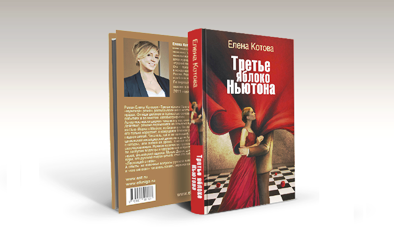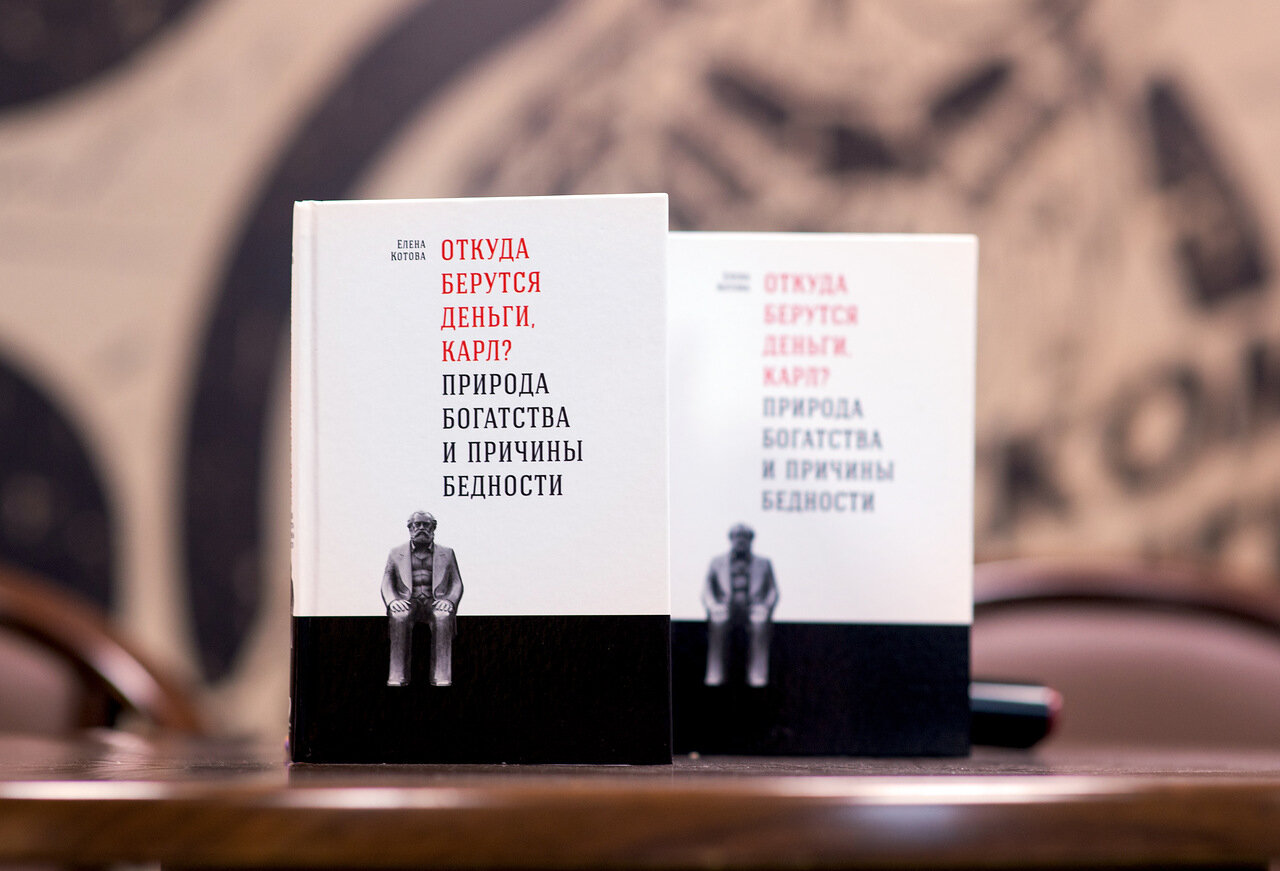
Keeping It Easy
The German Embassy was packed. Anna noticed quite a few curious glances from people around. She would have been getting them, even if she were here alone –dressed to kill. But besides that she also had this gorgeous man on her arm. They took champagne glasses, when a couple from Switzerland approached them.
After the usual greetings, Anna could not think of a topic to talk about and when the Swiss couple asked John why mobile phones don’t work in the tube, Anna almost laughed. But John answered the question seriously and said something witty, and the three of them got into a lively conversation. Shortly a gray hair American colleague of Anna joined them. John was the center of their circle to Anna’s delight.
Then yet another colleague came and introduced his girlfriend Maria. Thecircle was growing bigger, and John was its center.
Maria soon pulled Anna aside to have a girls’ talk, when they were back, the group was twice larger, was the biggest and the loudest at this reception. Others glanced at them with some envy. John kept holding the conversation, he emanated charm, and crumbles of his glory were dropping on Anna. This is John, he’s with Anna, somebody would say when a newcomer joined the group.
“You are extraordinary, not me,” she said when they left. “You have fantastic empathy for people.”
“I just can talk to anybody about anything. Don’t forget, I am a salesman.”
“It’s much more than that. You radiated genuine interest in people. They felt this immediately therefore they wanted to stay longer with you.”
“I have told you you’re a bloody lucky girl to get me.”
But I have not got you. And I never will, Anna thought, for the first time feeling pain.
Then was the night so full of that languishing tenderness. After the night came the morning, and John, also for the first time, was so sad, when leaving. Having closed the door behind him, Anna looked in a mirror and said to her reflection:
“You! Do you want your heart to be broken again?”
John also couldn’t stop thinking that it was getting ever more complicated and intense. Anna was no longer a toy for him, she had turned into a close and important person, and it scared him. They still, of course, indulged themselves in this game for two skilled partners, but it was no longer just fun, but a genuine fondness, which was not part of the plan. He sometimes even asked himself what was missing in his relationship with his wife, and these thoughts were clearly destructive.
John called Anna, when she went on business trips to Moscow, worried, if she was fine, if she had a good sleep. He felt the urge of caring about her, and he was often forgetting that it was Audrey, whom he ought to care about. He was waiting for the weekend in Edinburgh with no excitement, rather with disdain, and though he was always having good time at these usual gatherings, he felt a bit of guilt, that Anna was alone, while he was having fun, and maybe felt low. All small disagreements with Audrey triggered arguments and annoyance from both sides. He felt that the situation was getting out of his control, and that he must not let it go this way. He started to limit himself in calling and texting Anna, just not to escalate the intensity of their relationship.
The revelation that she actually wanted the whole John, not just a part of him, had upset Anna. It was impossible even to think like this, she knew well, that she must not, this was not a part of either his or her plan. It only could turn the present magic game, which brought so much joy into hard and unrewarding work, which was bound to kill the joy.
Anna was like swimming against the current which was getting stronger with every passing day. They both struggled with the current for the sake of protecting what they had created. Two adults were struggling to keep their growing love within the limits, which they had once established.
It had all started at this stupid German reception. People who talked to them had no doubts that they belonged to each other, were a couple. And they have become a couple although they never intended to…








